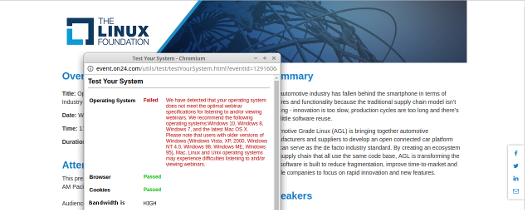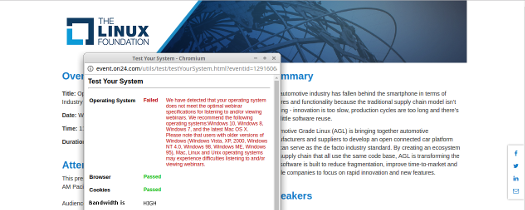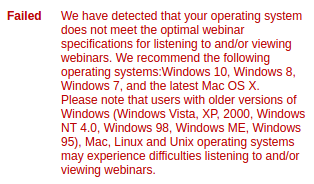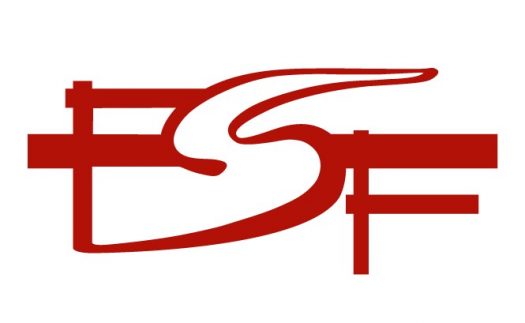An investigative team for a Seattle television station discovered that finding malware on clean computers to be an everyday practice at Office Depot.

It appears that the office supply giant, Office Depot, isn’t adverse to tarnishing its reputation if there’s a buck or two to be made in the process.
KIRO TV in Seattle reported on November 15 that it had taken brand new out-of-the-box computers that had never been connected to the Internet to Office Depot stores, both in Washington state and Portland, Oregon, and told the repair desk staff that “it’s running a little slow.” In four out of six cases they were told the computer was infected with viruses and would require an up to $180 fix.
After declining the “fix,” they took the “virus laden” machines to a Seattle security outfit, IOActive, which reexamined the machines. “We found no symptoms of malware when we operated them,” an employee with the firm, Will Longman, said. “Nor did we find any actual malware.”
Christine Hall has been a journalist since 1971. In 2001, she began writing a weekly consumer computer column and started covering Linux and FOSS in 2002 after making the switch to GNU/Linux. Follow her on Twitter: @BrideOfLinux




 This morning while perusing the day’s tech news, I ran across
This morning while perusing the day’s tech news, I ran across 


 Tux Paint needs a Mac maintainer: Everybody’s favorite FOSS paint tool is having a little trouble running on Macs these days — specifically on OS X 10.11 El Capitan. Designed with kids in mind, the app is used extensively at schools, with many school systems now upgrading to El Capitan, which was released a year ago.
Tux Paint needs a Mac maintainer: Everybody’s favorite FOSS paint tool is having a little trouble running on Macs these days — specifically on OS X 10.11 El Capitan. Designed with kids in mind, the app is used extensively at schools, with many school systems now upgrading to El Capitan, which was released a year ago.

 As they used to say on the Outer Limits, there is nothing wrong with your ink cartridges. HP has taken control of your printer and trained it to not accept them anymore.
As they used to say on the Outer Limits, there is nothing wrong with your ink cartridges. HP has taken control of your printer and trained it to not accept them anymore.
 This fear arose, and became a big deal on Reddit, after a
This fear arose, and became a big deal on Reddit, after a 
 If you need catching up, the story began on Friday when
If you need catching up, the story began on Friday when 
